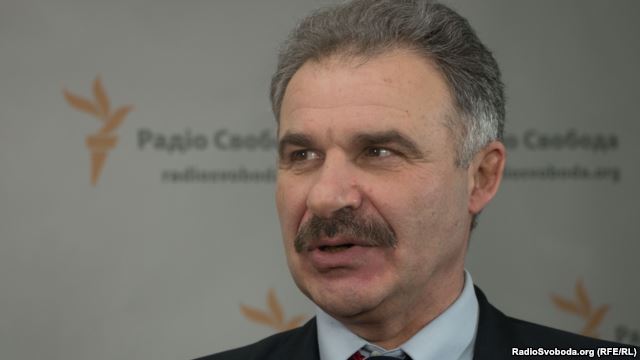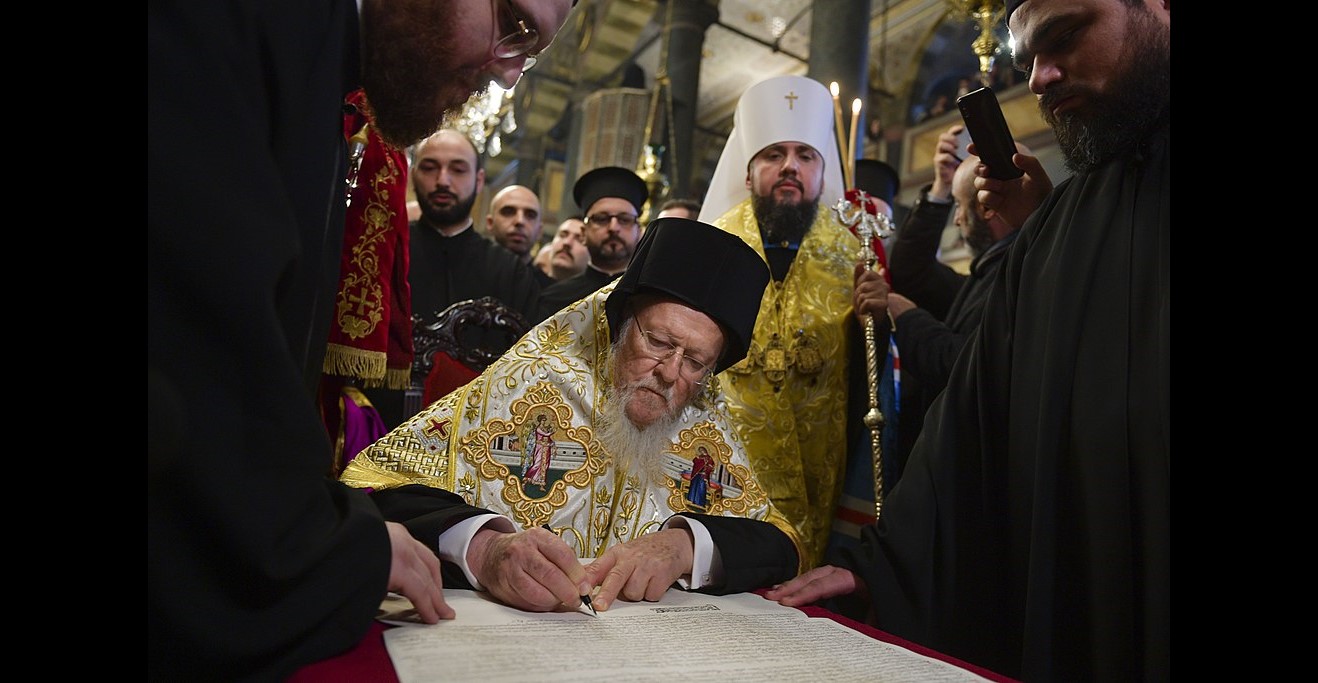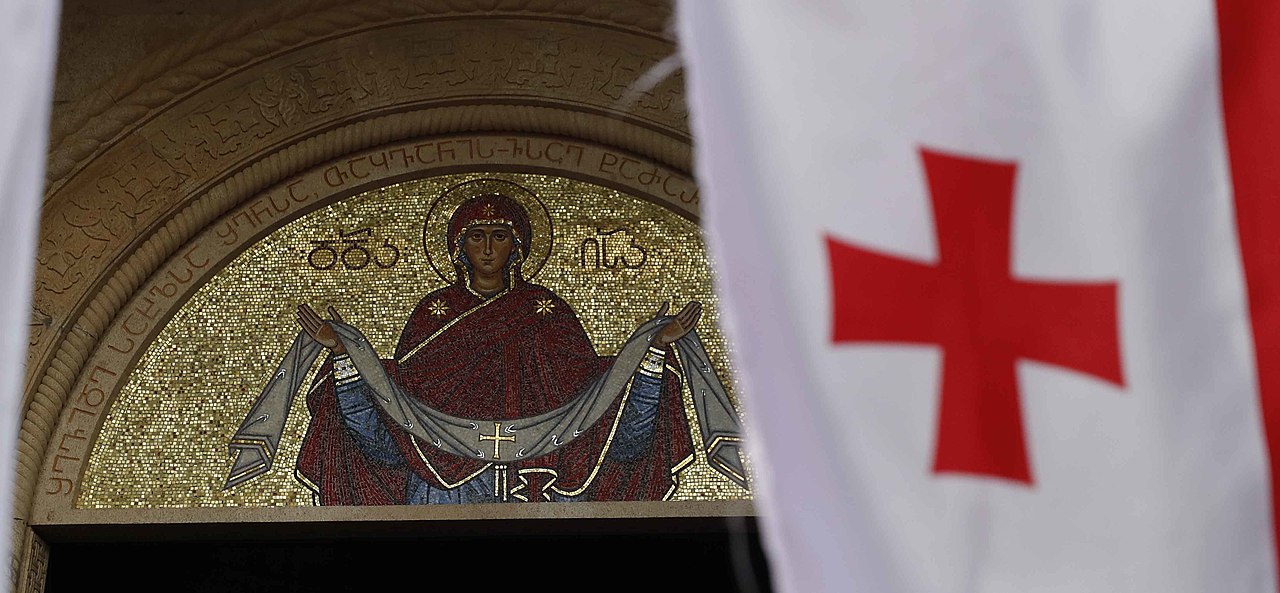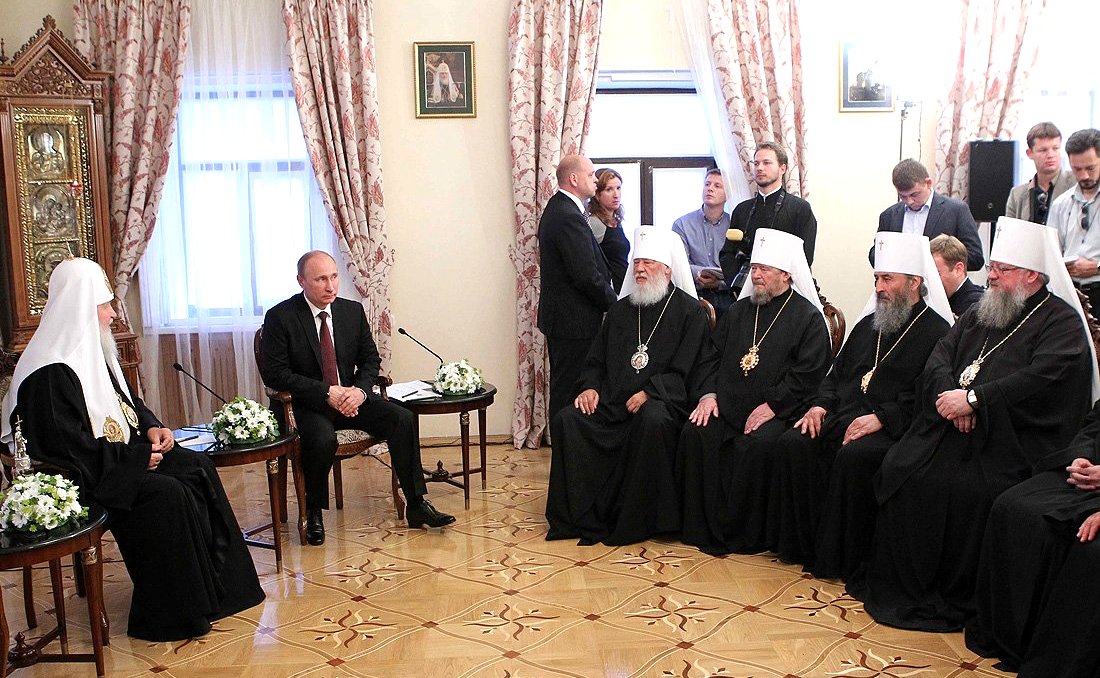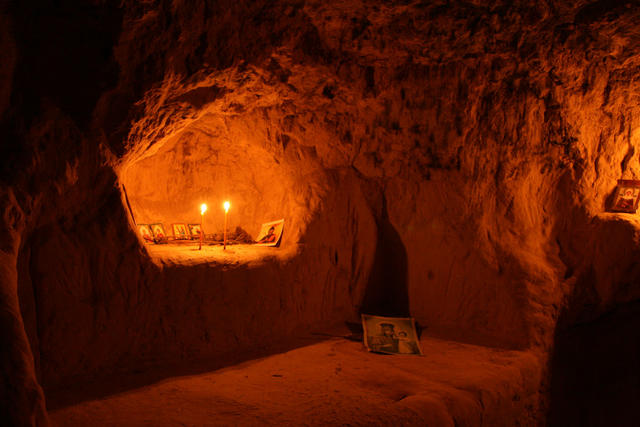“Of course, it’s probable that some parishes have moved the other way. I can’t say anything at the moment. But this is the tendency now - if a priest expresses anti-Ukrainian sentiments in his parish, parishioners usually move to join the Kyivan Patriarchate”.The deputy denies that the government is applying pressure on the parishioners and priests to switch to either patriarchate. On January 7, 2016, in an interview on Rossiya-1 channel, Kirill, the Patriarch of the Russian Orthodox Church stated that “for him, Ukraine is the same as Russia”. He added that he was very worried about churches in Ukraine being occupied by parishioners. He spoke of the conflict between religious communities in the village of Ptychi (Rivne Oblast), where he believes “the court has stood up for the rights of our believers, but the government does not protect these rights”. The conflict for the church in the village of Ptychi (Dubno District) has dragged on for more than a year, ever since the vast majority of villagers voted to join the Kyivan Patriarchate. Parishioners were outraged by the behaviour of their priest (of the Ukrainian Orthodox Moscow Patriarchate), who often referred to the Russian Patriarch Kirill and called on the faithful to pray for ATO fighters not as soldiers, but as “wandering tourists”. Court hearings continued throughout the year. The UOC (MP) won the appeal in the dispute for the church premises as the community charter specifies that if the religious community is liquidated, the church building remains in the diocese. Parishioners say they know nothing about this article of the charter.
Epiphanius reminds that all Orthodox parishes in Ukraine belong to the Ukrainian church
Over the last 18 months, the number of Orthodox parishes in Ukraine which have voted to change their…

